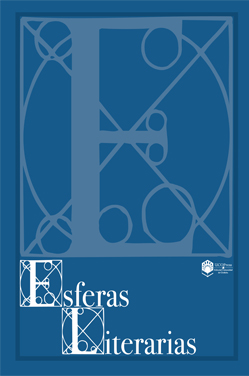José Marchena in defence of free human sexuality: the «Fragmento de Petronio» (1800)
Main Article Content
Abstract
Eighteenth-century Spanish literature took Greco-Roman antiquity as a fundamental reference, which would also influence the development of the genre of the novel, in which José Marchena carried out a forgery of Petronio with the title of Fragmentum Petronii (1800). But the epicurean morality contained in the Satyricon, which emerged in a pagan context, had nothing to do with the Catholic precepts of Spain at the time. This article aims to analyse how Latin literature serves as the basis for Marchena to carry out, in his work, an implicit apology for human sexual freedom. To argue this, the author has been contextualized in the philosophical movement known as radical Enlightenment, characterized by atheism and a transgressive attitude; in our analysis, these two traits have been considered as essential for the composition of such a progressive text.
